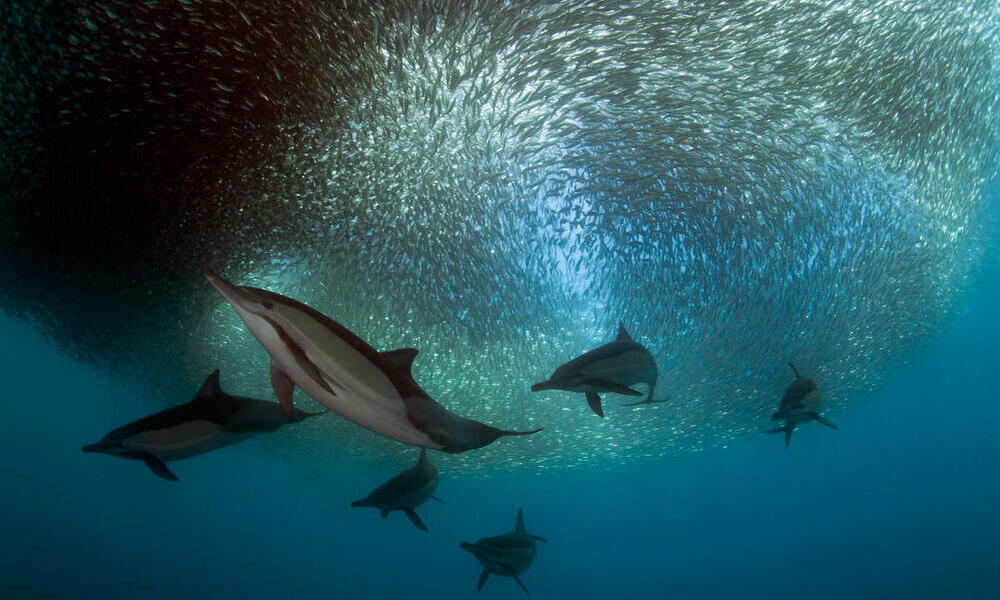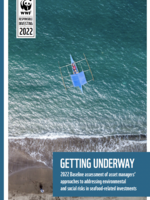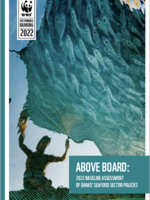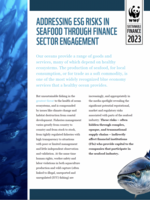A healthy ocean can be a powerful economic engine that supports the planet, people, prosperity, and peace. Today, however, our oceans are significantly undervalued.
The ocean or "blue" economy is conservatively estimated to be worth US$24 trillion with annual benefits of around US$2.5 trillion a year. Today, this enormous value is at risk due to years of mismanagement and ocean health decline. Trillions of dollars are invested in the blue economy today, and research shows that a business-as-usual trajectory entails great risk to our economies, with a cost potentially reaching up to US$8.4 trillion over the next 15 years. That figure can be reduced by over half if the world adopts a sustainable development approach to the blue economy.
A sustainable blue economy is one that provides social and economic benefits for current and future generations; restores, protects, and maintains diverse and productive marine ecosystems; and preserves nature. If we are to achieve this vision for a healthy ocean and thriving blue economy, financial flows must be aligned and capital redirected toward sustainable investments. And we must find creative and collaborative ways to channel capital into the seascapes and coastal communities where it is most required.
The true potential of the blue economy can only be realized if our ocean’s health is secured through a nature-positive approach—one that replaces the idea of the managed decline of our natural world with one that taps into the potential of businesses to transform corporate stewardship with new modes of working to restore nature.



